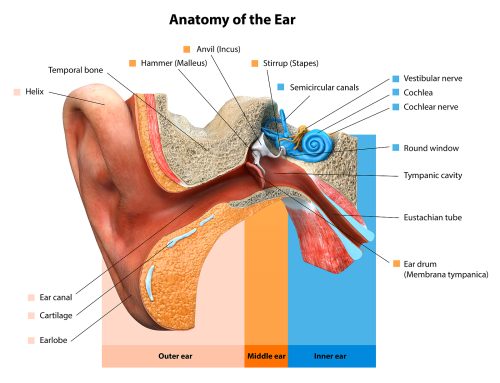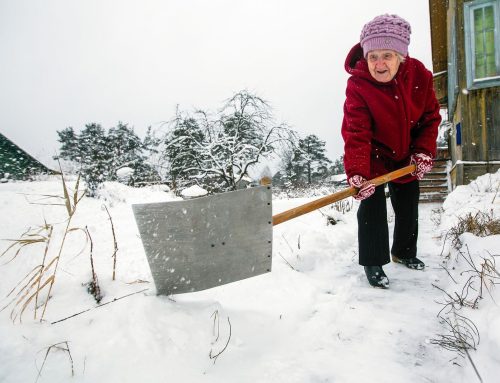AARP’s latest findings put the number of unpaid caregivers at over 53 million. It’s almost a 10 million increase from 2015. Of those adults receiving care from an unpaid caregiver, 89 percent are related to their caregiver. Half of those unpaid caregivers provide care to an aging parent.
In the past five years, the number of Gen X adults providing unpaid care has increased by 4 percent. Similar increases are seen among Boomers. If you’re one of the 20 percent providing unpaid care to a family member, you’re not alone.
If the number of family caregivers is increasing, are there other changes? What should family caregivers be aware of?
More Than One-Quarter of Caregivers Provide Care for Five or More Years
Many family caregivers provide care for one to four years. But, five or more years of care is on the rise. Fifteen percent have been providing care for five to nine years. Fourteen percent have been providing care for a decade or longer. For some, it’s not a temporary measure.
Just Over Half of These Caregivers Do Not Feel That They Had a Choice
Of all family carers who are offering care, 53 percent don’t think they had a choice. They felt like it was the only option. When you feel that you were trapped, it’s bound to be more stressful.
Caregiving Eats Up Time Each Week
When you provide care, your parents’ health concerns often dictate how much care they need. The average unpaid caregiver spends just under 24 hours a week providing that care. If you still work, it can be challenging. If you quit your job, you lose out on retirement benefits, paid vacations/personal time, and employer-sponsored insurance plans.
Some Family Caregivers End Up Paying Some Out-of-Pocket Expenses
Your parents need groceries, but their prescription medications cost more this month. They have to choose between medications or groceries. Many family caregivers end up helping out financially. No one wants to see a parent go without food or medications.
In order to afford to pay for these unexpected expenses, family carers are likely to tap into three areas of their budget. They are the vacation fund, entertainment/dining out, or medical/dental appointments. They’re less likely to skip on household supplies, college funds for their children, or prescription medications.
Respite Care Helps You Reduce Stress
Caring for a family member is both a rewarding and frustrating situation. In some areas, finding support as a family carer can be challenging. You may find yourself getting redirected from one agency to another. All the while, you’re reducing your hours at work and finding it harder to balance your personal life, caregiver duties, and needs of your children and partner.
Before you become overwhelmed, call an agency and ask about respite care from trained caregivers. Caregivers can come to your home, provide the care your parents require, and allow you to step away. Take care of yourself so that you’re in the best shape to be the family carer your parents need.
If you or an aging loved-one are considering a Home Health Care in Teaneck, NJ, please contact the caring staff at At Home Companions today at (201) 525-0607.
Sources:






